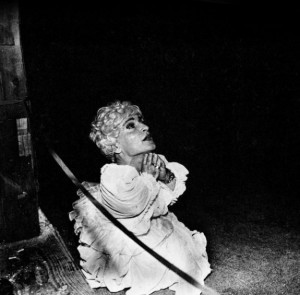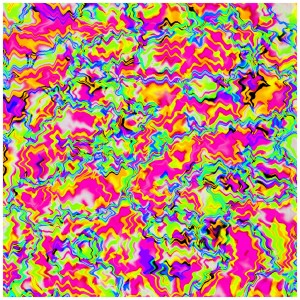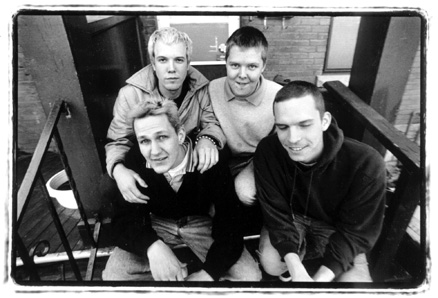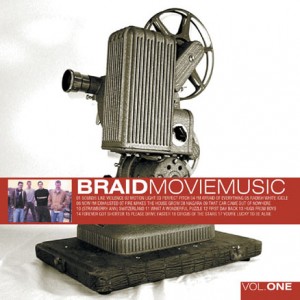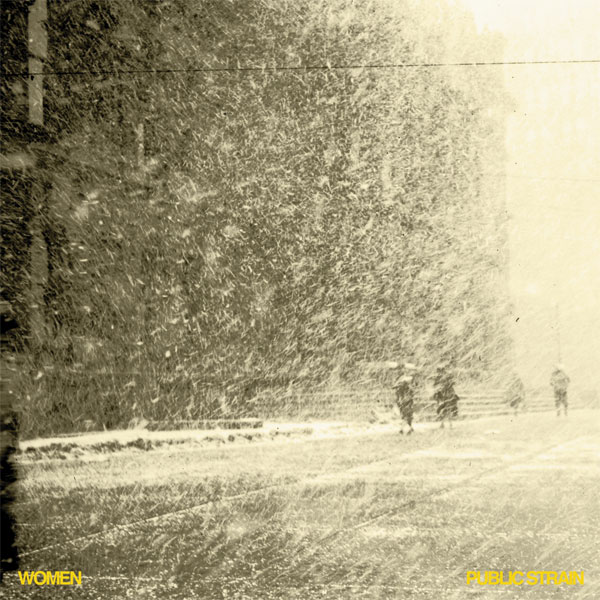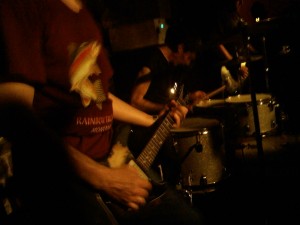I’m not going to say anything overbearing like that these are the best cover songs, or that these are my top 5 cover songs of all time. Instead I just want to share a few that I have enjoyed recently. Some of them are more familiar to me and closer to my heart than the originals, and there’s one that I didn’t even realize was a cover until not too long ago. Check them out below.
Japandroids – “Racer X”

Vancouver’s Japandroids did something interesting when they didn’t have time to get into the studio because of a relentless touring schedule. I swear that they have played 300 shows a year for the past 2 years. They are insane. Their energy comes through in their music, that much is evident. Anyway, in lieu of putting out another full length album they opted to release a series of limited edition 7″ singles. The A side would be an out-take from their “Post-Nothing” sessions and each B side would be a cover song. A great PR gambit, because the steady release of singles means that they never really go away, which will buy them some much needed time to write and record another album, and, of course, tour some more.
Their cover of Big Black’s “Racer X” captures all of the sneering aggression of the young Steve Albini. These two guys can make as much noise as any band and they really capture the energy of this track. The robotic drumming of Roland, the famous Big Black Roland 606 drum machine that was used by Albini and Co., is brought to life by David Prowse, while the brittle, ringing guitar tone faithfully reproduced by Brian King.
Matthew Good – “Moon Over Marin”
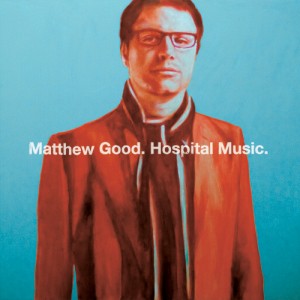
It’s actually kind of funny to me that I came to know Matthew Good’s version of “Moon Over Marin” before I knew the original. I was a fan of the Dead Kennedys long before I ever even heard of Good.
This track originally appeared on DK’s “Plastic Surgery Disasters” and featured their signature sound of East Bay Ray’s surf-rock inspired, yet still undoubtedly punk rock, ultra-distorted guitar and Jello Biafra’s warbly half spoken, half sung vocals. The lyrics speak very matter of factly about the pollution problem in the Marin area of California. Naturally Biafra’s lyrics go a little bit over the top, bringing attention to a problem by exaggerating, though that kind of extrapolation is what makes punk rock fun. You need to have something to fight about.
Good’s version, though leaving the original lyrics untouched, takes a different angle. The album that this track appears on, “Hospital Music”, are all very heartfelt songs written after a dark period in Good’s life following a nervous breakdown. He takes a gentle, slower approach to the song that still fits the lyrics as well as remaining true to the general spirit of the album. His rendition gives the effect of someone that is sort of detached from their surroundings, realizing that all of these terrible things are happening around him and almost willing to accept it. Though, knowing Matthew Good’s politics, I know that he is not willing to accept these things. This is an interesting look at how the world’s problems feel through someone that wants to do something, but is temporarily powerless. Sometimes taking care of yourself is more important than any problems around you.
The Flaming Lips – “(What a) Wonderful World”

Before they were able to fill arenas with their over the top stage show they were a really noisy psych. rock band that sounded like they took more acid than Syd Barrett on a bad day. Before they really solidified their sound with milestone albums like “The Soft Bulletin” and “Yoshimi Battles the Pink Robots” they were a cult band that sounded like a 2nd rate Butthole Surfers. Freak rock for the freaks.
I realize that I am disregarding the fact that they recently released a cover album (yes, an entire album) of Pink Floyd’s “Dark Side of the Moon”. It’s an ok album. Worth a listen, for sure, but I wanted to bring to your attention something a bit more obscure. If it wasn’t for Wayne Coyne’s very recognizable voice, you probably wouldn’t realize that this is the same band. Wayne and Louis Armstrong share a certain characteristic of singing voice….that is to say Wayne has always sounded like he was on the verge of losing his voice and Louis Armstrong probably should have stuck to the trumpet. But, I realize that is really unfair of me to say. The honesty in their voices is really what makes this track work. Something is lost if someone is to sing this song with a pretty voice, polished and “nice”. This song truly speaks with an honest, untrained voice. Of course, all the noisy guitars and feedback certainly helps bring this song up to date for a much younger audience. It’s a great cover if you haven’t heard it before, take a listen.
James Husband – “We Can Work It Out”

James Husband, multi-instrumentalist for of Montreal, released his solo debut “A Parallax I” late last year and packaged with it an EP of covers, “Smothered in Covers”. He does a great job with all of the tracks, including this one originally by, obviously, The Beatles.
It is rather daring to attempt to cover The Beatles as the songs are so familiar to everyone. So much so I think that all of their songs are pretty much in our collective subconscious. I think that covering a Beatles tune is a very delicate process because of this. You need to do something original, but nothing too crazy. You need to stick to the original song, but you don’t want it to sound exactly like it, otherwise what would be the point? There is very little room for error. You don’t want to make it sound like you are trying to improve on it because Beatles songs are, quite honestly, perfection.
That being said what Jamie does here is about as good as it gets when covering The Beatles. He leaves room for little silences and lets the song breathe a little bit. What is really effective though, in my opinion, is the way that he plays with the timing of the song. There is this very subtle rubato in place that seems to keep leaning back in the beat. He relaxes the tempo quite a bit, but he doesn’t swing it. It’s really what the song needs. That is saying something, for sure. He managed to keep everything in place and create a little something new. It’s one of my favorite covers for sure, and I think that it is almost as effective as the original track. If you only listen to one of these, listen to this one.
The Dillinger Escape Plan – “Jesus Christ Pose”
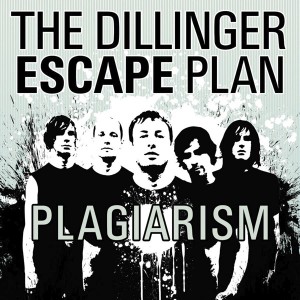
This track is the reason that I even wanted to write this post. I was listening to my iTunes “5 star” playlist and this track came up. I then proceeded to listen to it 6 times in a row as I walked around town doing all the stuff that I needed to do. I was thinking to myself, “Wow, this track is what Soundgarden was trying to do!” This version adds some balls to the guitars, thickens up the distortion and really drives everything home. The vocals are right on, the drummer out drums Matt Cameron. Everything is just perfect here. They really don’t try to do anything new with the track, they are just covering it and happen to be able to do it better than the original. Phenomenal. I can’t really say anything else about this track. I hope that my enthusiasm gets you to give it a listen.


